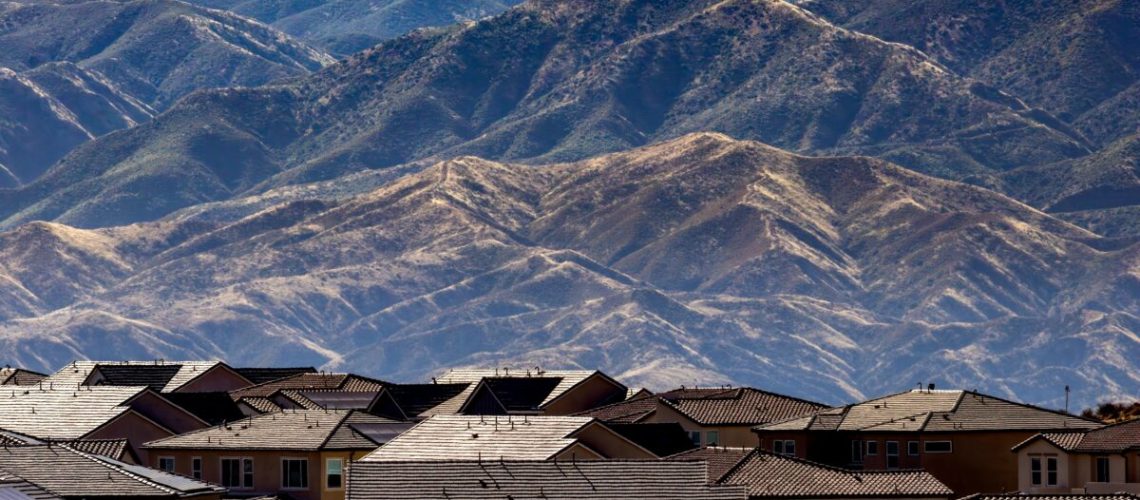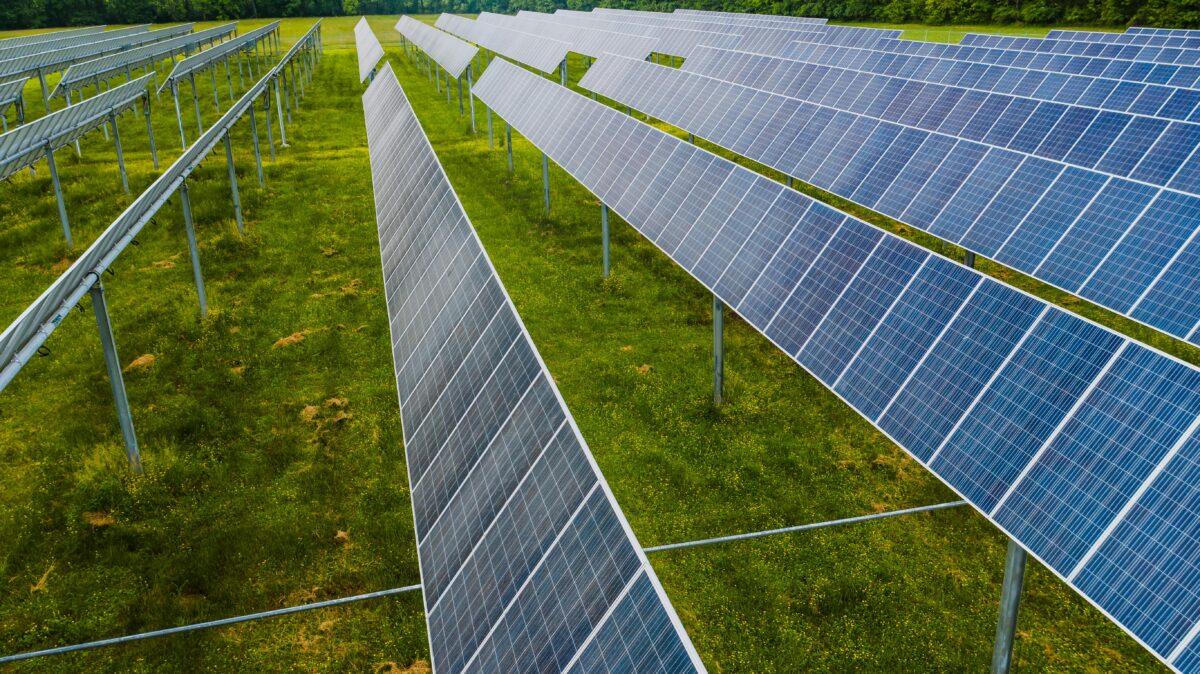The Arizona Corporation Commission approved a request from utility APS to raise rates and add a punitive charge to rooftop solar customers.
The Arizona Corporation Commission (ACC) has approved a request from major utility Arizona Public Service to raise electricity rates for all customers, assess fixed charges, and to single out those who have invested in rooftop solar with the largest of such charges.
Commission Chair Jim O’Connor said he and three Republican ACC members approved the rate plan without knowing the real effect it would have on customers’ bills. Under the new rate hike, O’Connor promised customers will see their bills rise roughly 8%, far outpacing inflation.
APS president Ted Geisler told reporters that residential customers should expect to see bills increase by about $10 to $12 per month, while customers with rooftop solar can expect to see their bills increase by as much as $15 per month. The move comes on the heels of Arizona reducing its rooftop solar export rates, known as net metering rates, by 10% last summer.
However, the full impact of the rate hike has not been fully evaluated by the ACC. Arizona Public Interest Research Group Education Fund requested the commission reconsider the approval, suggesting that APS should be required to testify under oath the exact projected impact on customers.
“Comprehensive data should be entered into the docket, and APS executives should be sworn in before they speak,” wrote Diane Brown in an appeal from the organization. “The commission failed to ask the questions necessary to ensure they had adequate and complete data before voting on the entire rate plan.”
Michael O’Donnell, vice president of Arizona-based solar installer Sunsolar Solutions called the proposal “truly outrageous.” He said solar customers are already paying about $80 per month on average to be connected to the grid, and that under the new rate structure, these customers can expect to pay $120 per month. This would even apply to customers who produce 100% or more of their electricity from their rooftop array.
Despite having an abundance of sun, steadily rising rates, and high electricity demand due to air conditioning use, Arizona is not a leading rooftop solar market. Export rates are low, and the ACC has approved numerous cuts, reductions, and demand charges on solar customers.
“Arizona is a needlessly difficult state to do business in,” said Christopher Worley, director of policy, Sunrun. “Adding unsupported, discriminatory charges to the state’s already low export rates is punitive to solar customers, bad for the solar industry, and bad for ratepayers.”
The charges retroactively apply to customers who already have rooftop solar and have signed a net metering agreement with APS. This type of discriminatory move by APS undercuts broader goals of supporting energy independence, bill stability, and lowered carbon emissions by weakening consumer confidence that solar is a stable investment.
“Retroactive policies like this undercut market certainty and drive frustration in customers,” said Worley.
The discriminatory charges on rooftop solar customers were justified based on a need to upgrade transmission, and due to “cost-shift issues.” The cost-shift is an argument used by utilities nationwide suggesting that non-solar customers are cross-subsidizing rooftop solar customers by increasing utility system costs.
When net metering rates were cut last summer, APS claimed “the magnitude of cost shift within the residential ratepayer class is within the range of $800 to $1000 per year.” This would amount to an $18 million cross-subsidization.
However, numerous studies by national labs and state groups have debunked utility claims of such a significant cost-shift. Berkeley Labs found that at current levels of rooftop solar adoption, the cost shift is negligible. In its modeling, Berkeley researchers found that rooftop solar creates cost savings system-wide. At solar adoption rates of 10% of electricity generation mix or more, which is roughly where Arizona stands, the cost shift was found to be a miniscule $0.005 per kWh.
What’s more, amendments to the new rate hike create a cost shift in the reverse direction. Amendment 3 on the rate hike, proposed by Chairman O’Connor, would require APS to run a program leveraging customers’ rooftop solar and batteries to export power and serve peak demand hours on the grid.
“Programs like this leverage the investment of solar customers to save money for all ratepayers,” said Worley.
Over 2,000 individuals and organizations in Arizona filed public comments on the rate hike, nearly all of which were in opposition.





